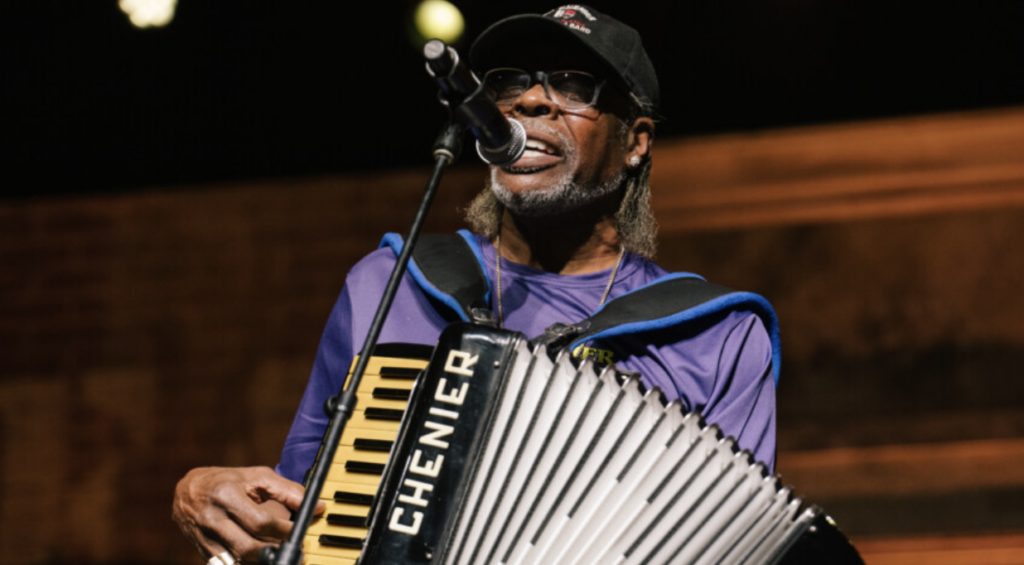Backwash

Hip-hop MC Priceless Diamonds describes herself as a “boss bitch” who grew up boosting clothes and turning the occasional trick. She swears that she’s leading a straighter life now, but we figure she’s still learned lots of good life lessons. So listen up, y’all.
There’s a lot of criticism of the president’s handling of the aftermath of Hurricane Katrina. Is it Bush’s fault? Is it a race thing?
We blame the Bush administration because they knew the hurricane was coming. Meteorologists warned about the storm days ahead of time, constantly, telling us it was coming on up the Gulf Coast. It was like a modern-day concentration camp — people hungry, babies dying. Color wasn’t a real issue at that point. I think class was more of an issue.
I didn’t realize how people were living down there. Now they aren’t invisible anymore. Bush should be embarrassed for other countries to see how his country is suffering. We’re supposed to be a wealthy country, and our people down there are suffering like that. We all Americans. Always reaching out and helping other countries when we’re not really even helping ourselves. Money is power. He got all the power, and they don’t got no say-so down there. If there are still Bush supporters down there, they need to wake up and smell the coffee, because when that was going on, Bush was in his bed huggin’ on Mrs. Bush, rubbin’ their feet together while people down there didn’t know if help was coming. I blame the Bush administration and those flashy Republicans.
But my people are maneuverers, and I believe they will bounce back. God bless America.
Got a question only Priceless can answer? E-mail her at bossbitch@pitch.com.
Buzz Off!
Kansas City must love losers. With two professional sports teams already threatening to pack up their balls and leave town, the city has its sights set on another loser: the NBA’s New Orleans Hornets. With New Orleans ravaged by Hurricane Katrina, the team is looking for a temporary home; quick to join the list of suitors was Mayor Kay Barnes.
Last week, Barnes told The Kansas City Star that city officials had contacted the NBA’s front office about housing the Hornets in Kemper Arena. Though the story tried to paint KC’s offer as “sensitive” and not “opportunistic,” it’s hard to view Barnes — and other cities’ similar offers — as anything but pro-sports-hungry vultures circling a dead carcass.
The New Orleans Times-Picayune reported that team officials were supposed to decide by the end of this week where the Hornets will play this season. For Kansas City, swiping the Hornets, even temporarily, may be a real possibility. The team would be relegated to Kemper, but who knows — maybe they’d want to stick around until the Sprint Center opens in 2007.
But before Barnes cozies up to the Hornets, the mayor may want to reexamine her potential bedfellow. Hornets owner George Shinn is possibly the most hated owner in the NBA.
A February 2002 Orlando Sentinel story headlined “The Rise and Fall of George Shinn and the Hornets” chronicles Shinn’s fall from grace and bitter breakup with his home state of North Carolina and the city of Charlotte. Shinn’s Charlotte Hornets led the league in attendance for eight consecutive seasons (1988-96), but attendance plunged when Shinn’s 1997 sexual assault trial aired for two highly rated weeks on Court TV. Shinn was vindicated, but his admission of infidelity soured fans.
Shinn’s sins didn’t stop with extramarital affairs. The Sentinel reported that his popularity plummeted in Charlotte after a number of foolish front-office moves: He fired coach Dick Harter the day Harter’s brother died of cancer; traded star center Alonzo Mourning; threatened to move the team to Fort Mill, South Carolina; refused to front $13 million for a new arena in 1997, when public money would cover most of the cost; and declined to sell a piece of the team to Michael Jordan.
Shinn was so unpopular that NBA Commissioner David Stern encouraged him to sell the team rather than relocate. Instead, Shinn moved the Hornets to the Big Easy. It didn’t take long before he was blundering there. In May 2003, after the Hornets’ first season in New Orleans, Shinn fired his coach and next-door neighbor Paul Silas, who had led the Hornets to the playoffs for four consecutive seasons. This year alone, the Hornets are facing several lawsuits alleging that team executives withheld commissions from sales staff, failed to pay employees overtime and intimidated employees.
On top of that, on the court last season, the Hornets sucked. They were one of the NBA’s three worst teams. Only two teams, the expansion Charlotte Hornets (18-64) and the always pathetic Atlanta Hawks (13-69), were as bad or worse. The team lacks star players, having unloaded all-star point guard Baron Davis last season for a pair of journeymen players. (They do have a pair of promising prospects in draft pick Chris Paul and dunk machine J.R. Smith.) And they dwell at the bottom of the league attendance-wise. During the Hornets’ second season in New Orleans, the team claimed an average attendance of 14,221 fans a game, but officials who manage the New Orleans Arena have said that the real figure was closer to 9,000. The Hornets even admitted to the Associated Press that the team had exaggerated attendance figures by reselling tickets to more popular games that Shinn had purchased for charities.
No one likes to pay to see poor sports. Just ask the fans in New Orleans and Charlotte.
We live about three blocks away from the Kansas State School for the Deaf and have seen students walking in the neighborhood Signing to one another. It’s pretty cool. I’ve toyed with the idea of learning a few basic words in American Sign Language just in case I come across the opportunity to say hello or ask for directions. It seems neighborly and I enjoy the idea of supporting our local schools.
Yesterday, I was in the drive-through at our local McDonalds and the woman taking our order at the window sounded a little like she was one of the local deaf students — think Marlee Matlin, but younger and with red hair. Her spoken English was pretty good and I thought she must have worked hard at that.
She asked me if I was ready to order and, being the conscientious person that I am, waited until she turned toward me so she could see my face and I ordered using clear facial expression and mouth movements. It can’t be easy reading lips, I figured, and I should do all that I can to make things easier for her.
Our order arrived and she counted back my change. She looked up and I mouthed “Thank You” to her, confident that I was being as helpful as possible. “What was that?” she asked.
We had a moment where simultaneously I realized that she wasn’t deaf and she realized that I was probably retarded. We both smiled and I drove off with my Happy Meal. From Tevis.net, the blog of Sean Tevis




